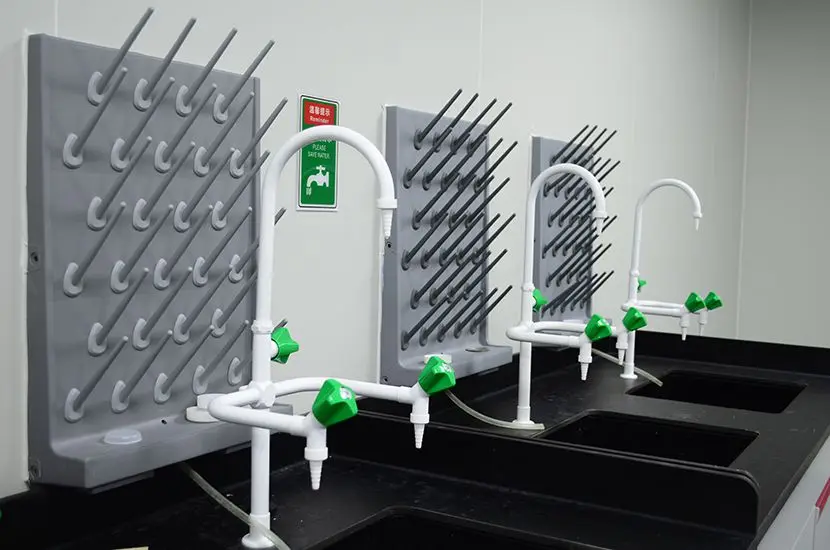
What certification does TEMU for electronic products require?
Ensuring compliance through proper certification is a crucial step for legally selling electronic and electrical products on the TEMU platform. Here is an overview of the certification requirements and related processes for TEMU:
Electronic and Electrical Product Certifications:
TEMU requires electronic and electrical products to pass a series of mandatory certifications, including:
- EU CE-ROHS certification (including lead, cadmium, phthalates)
- RSL Certification (short-chain chlorinated paraffins)
- UK ukca certification
- EU Representative Certification
- UK Representative Certification
- EPR Registration in various European countries
- US FCC Certification
- Canada ised certification
Certification Requirements for Products with Built-in Batteries:
Products with built-in batteries must provide battery certification (complying with IEC/EN62133 or ul2054/ul1642 standards) and a temperature test report.
Certification Requirements for Infant and Toddler Products:
Infant and toddler products need to pass the US CPC Certification, EU CE-en71 certification, and provide an FDA food contact test report among other relevant qualifications.
EPR Registration Explanation:
EPR registration is not a simple process but involves multiple environmental policies, including the Packaging Act, WEEE Act, and Battery Act. In the German market, EPR encompasses the need to register for WEEE, the Battery Act, and the Packaging Act, which respectively cover the recycling of electronic equipment, batteries or products with batteries, and various product packaging. Each of these German acts has a corresponding registration number.
TEMU’s Requirements for RSL Qualification:
TEMU requires products to have RSL qualification, specifically REACH Annex XVII, which is a key focus of market spot checks in the EU. TEMU's RSL qualification includes:
- RSL Report (lead, cadmium)
- RSL-Phthalate (phthalates)
- RSL-SCCP (short-chain chlorinated paraffins)
About reach regulation Annex XVII:
REACH Regulation Annex XVII is a critical component of the EU REACH Regulation, stipulating restrictions on hazardous substances, preparations, and manufacturing, market placement, and usage. Products must comply with these restrictions to be sold in the EU.
Content of the RSL Report Required by TEMU:
The RSL report required by TEMU ensures that products meet relevant regulations and standards to protect end-users' safety. The report includes detailed test results for lead, cadmium, and phthalate substances, ensuring their concentrations comply with national and international regulatory limits. Additionally, the report includes testing methods, laboratory accuracy validation, and potential risk assessments.
Hazards of Lead, Cadmium, and Phthalate Substances:
Lead and cadmium are heavy metal pollutants that can cause numerous health issues when exposed through food, drinking water, and air. TEMU's required RSL report includes tests for these harmful substances to ensure product safety compliance with regulations.
TEMU Platform Certification Process:
The process for obtaining TEMU certification includes:
1. Filling out an application form
2. Providing samples
3. Arranging tests
4. Receiving a draft report after passing the tests
5. Confirming the final report
This comprehensive approach ensures that all products listed on TEMU meet stringent safety and compliance standards.
Email:hello@jjrlab.com
Write your message here and send it to us
 Cost of U.S. FDA CFR 21 177.2600 Test Report
Cost of U.S. FDA CFR 21 177.2600 Test Report
 How much does the IP44 Compliance Test cost
How much does the IP44 Compliance Test cost
 What is LFGB Test
What is LFGB Test
 What does LFGB certified mean?
What does LFGB certified mean?
 Weee authorised representative germany
Weee authorised representative germany
 Where to Apply for 2026 Air & Sea Transport Ce
Where to Apply for 2026 Air & Sea Transport Ce
 Guide to IEC Test Reports for Lighting Exports
Guide to IEC Test Reports for Lighting Exports
 IEC/EN 62471 and IEC/EN 62778 (Photobiological Saf
IEC/EN 62471 and IEC/EN 62778 (Photobiological Saf
Leave us a message
24-hour online customer service at any time to respond, so that you worry!




